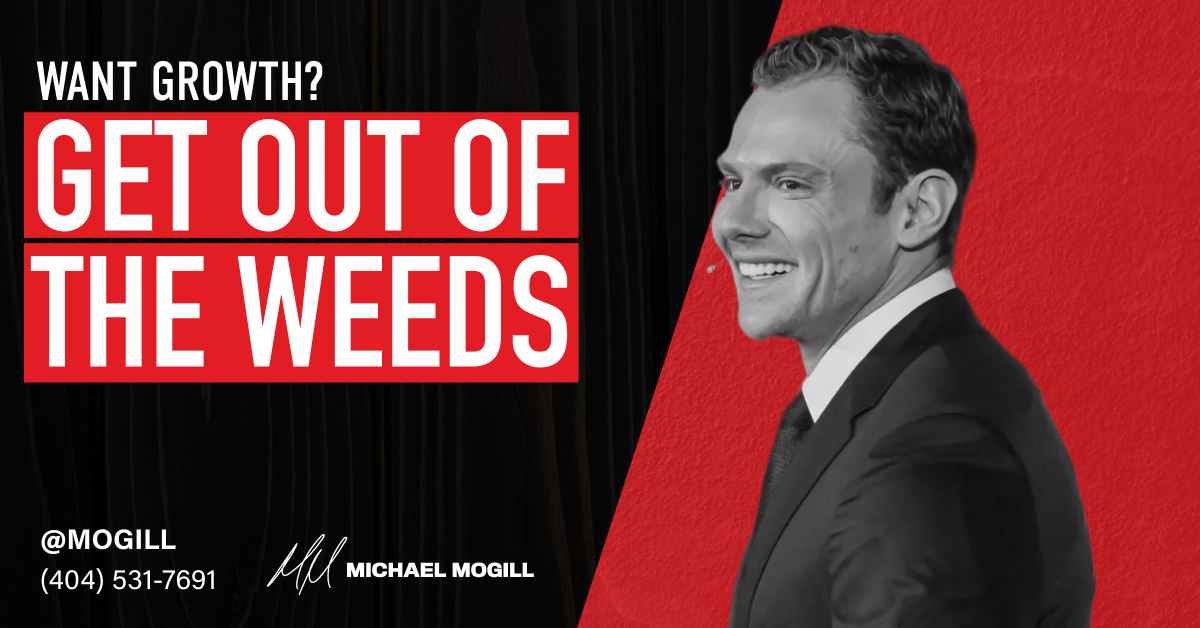A leader’s goal is to create an environment where success is attainable for every team member. Great leaders provide training, resources, and clarity about expectations, ensuring that each individual is equipped for their role.
However, there’s one element that remains beyond the leader’s control: the team’s effort.
While we can set the stage for success, we cannot force individuals to put forth the necessary effort to excel in their roles. Effort is a personal choice, driven by intrinsic motivation rather than external factors.
Many leaders mistakenly believe that increasing monetary incentives will automatically boost performance. However, research has shown that this is not always the case. In fact, offering more money often fails to get you the results you want.
Consider a team member who claims that their lackluster performance is due to inadequate compensation. They argue that a salary increase would magically transform them into a top performer.
But is this really the case?
To put this theory to the test, we conducted an experiment. We offered incremental raises to team members based on their performance, expecting a proportional increase in output. But the results were far from what we anticipated.
Despite the promise of higher pay, there was no significant improvement in performance. This led us to question the correlation between financial incentives and effort.
Does paying someone more money truly inspire them to work harder? Or are they simply masking their lack of motivation with monetary demands?
The truth is, genuine effort cannot be bought. It’s a personal choice, driven by engagement, commitment, and a desire to succeed.
Yes, financial incentives have their place, but they should not be viewed as a solution for performance issues. Instead, focus on fostering a culture of intrinsic motivation, where team members are driven by a genuine desire to contribute.
At the end of the day, our role as leaders is to inspire and empower our team members to strive for greatness — not to rely on external rewards to drive performance.






